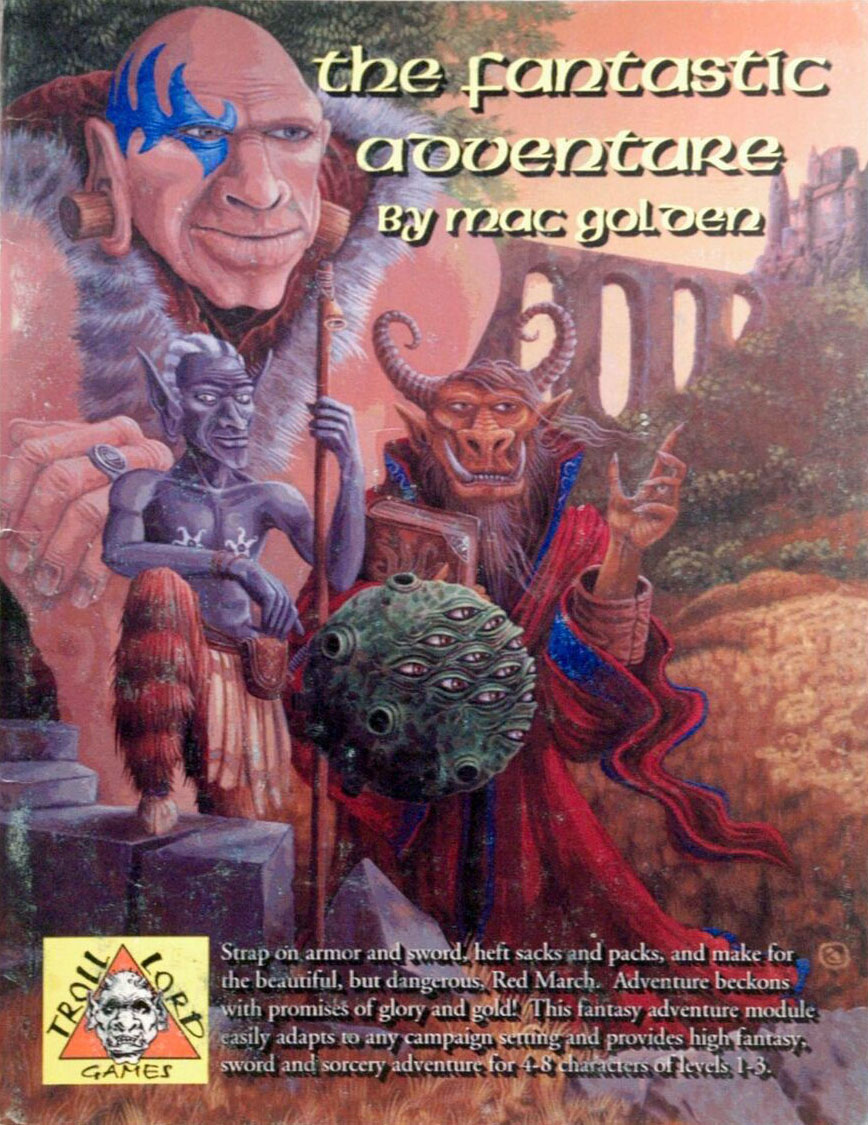DISCUSSING
In the Shadow of the Spire – Session 41C: I’ll Be Seeing You
They returned naturally to the question of their lodgings: Should they go? If so, where?
Jevicca suggested the Nibeck Street mansion. It was currently abandoned, it would give them a base of operations as close to the Banewarrens as they might care to have, and it would let them defend the entrance to the Banewarrens.
On the other hand, as Agnarr put it, “Living over the hellmouth? No thanks.”
After Arveth’s assassination attempt in the previous journal entry, the PCs were highly motivated to figure out what their permanent — and secure! — home base in Ptolus would be.
Wanting to establish a permanent residence wasn’t an entirely new thread in the campaign, however. As the GM, in fact, I was kind of surprised it hadn’t happened already.
When I was initially ginning up the In the Shadow of the Spire campaign, of course, I had anticipated that the Ghostly Minstrel would serve as their initial home base:
- It was a well-detailed location.
- There were cool, poster-sized maps of the inn to enhance play.
- I had positioned the inn as central to the mystery of the PCs’ missing time.
But then, during character creation, Tithenmamiwen unexpectedly ended up being from Ptolus. As described here, the initial pitch was that, although the campaign would be set in Ptolus, none of the PCs should be from the city, but this shifted as we developed Tee’s character background. This meant that Tee actually owned a house in Ptolus, and I assumed it was quite likely that the group would end up staying there:
But when the PCs went there, way back in Session 1, something unexpected happened:
Returning to her house, Tee found everything undisturbed – essentially as she had left it, except for a thick covering of dust. With a distracted, almost manic air, she immediately set to spring cleaning the place. Others in the group offered to help, but they had not gotten far into the work when Ranthir suddenly came to a stop: “If we’ve been back in this city for two weeks and you have not returned to this place… Perhaps there was a reason for that?”
Tee stopped what she was doing. It seemed to tear her up inside, but she was forced to admit that Ranthir was right. They left and she locked the door behind them.
And, with only a couple small exceptions, the PCs, in order to keep her friends and family safe, have not returned to Tee’s mothballed home.
When Tor’s player joined the campaign, they really wanted the group to get a house. It was something that they, as a player, had always wanted to do in a D&D game, but had never had the opportunity to actually make it happen.
I fully expected that this would happen, so I reached out and grabbed Rosegate House from the Ptolus sourcebook (pictured at the beginning of this post).
The PCs in Monte Cook’s original Ptolus campaign were gifted Rosegate House, and he set it up as a resource specifically for GMs like me who had players looking for a house in the city. (One of the great things about Ptolus as a setting is that, having been born from actual play, it’s chockablock with these kinds of practical tools and toys.)
But for whatever reason, despite often talking about it (both at the table and away from it), the PCs never did it. They never actually went looking for a house on sale. (I was surprised that even in this session, as they were actively exploring a bunch of different options, it didn’t actually come up.)
The other major candidate that had been floating around for awhile was Pythoness House, which had first appeared as an adventure location before being cleared out by the PCs. (As I’ve previously discussed, Pythoness House also has awesome graphical resources that were published for it.) I suspect that if the players hadn’t just ensconced Sir Kabel and the Order of the Dawn in Pythoness House a few sessions earlier, that this would, in fact, have been their solution. But since Pythoness House wasn’t currently available (and was also now tangled up in Church politics), it no longer seemed like a viable alternative.
For whatever reason, I had not expected them to approach Lord Zavere about the possibility of staying at Castle Shard. (If I recall correctly, that didn’t work out because they blew their Charisma check.)
PLAYER RENOVATIONS
At this point, therefore, I had actually expected the players to have long since left the Ghostly Minstrel. (Although I did hope that it would still be a place they’d visit as a social hub.)
Instead, with other options not quite panning out for a bunch of different reasons, the PCs ended up doubling down on the Ghostly Minstrel.
Which was great!
When the PCs settle into a long-term home base, I think it’s almost always a good idea to create a map of it. First, I think it makes it feel more like a real, concrete place to the players. Second, the odds that at some point they’ll get involved in a fight or some similar action scene there is approximately 110%.
In this case, as I mentioned above, there was already a great one for the Minstrel (and we’d been using it for a while):
Second Floor of the Ghostly Minstrel
Once the PCs have a home base, though, the moment will almost inevitably come when they want to remodel the joint.
So they decided to stay where they were. Instead of hiding, they would bunker down. They laid out a plan for remodeling an entire wing of the Ghostly Minstrel: A false room with a secret door would be used as a pass-thru to a real suite of other rooms connected by new, interior doors.
They spoke with Tellith, who agreed to the remodel if they paid for it and if they also paid at a year’s rent in advance for the rooms they would be converting. This done, they spent several thousand crowns and arranged for more than twenty contractors (including several master craftsmen) to install the secret door, punch thru the two new connecting doors, and to strengthen the security on the existing doors. They also hired an arcanist to ward the windows with permanent alarms. And then they spent even more money to speed a project that should rightfully take weeks until it would take only two days to complete. On top of all that, Tee set aside enough money to pay every single person working on the project a hefty bonus to forget that they had ever worked on it.
Nasira was somewhat taken aback by the sheer amount of money they were able to throw at the project (more than 5,000 crowns when all was said and done). And while the project surely tapped deeply into their resources, they all felt it was an investment worth making.
Which is also great! It’s how the PCs can truly take ownership over a space and make it definitively theirs.
Once the PCs start making major modifications, though, what do you do with your beautiful maps? Well, sometimes you’ll end up just making an all-new map. More often than not, though, I’ll us a map patch like this one:

These alter just the section of the map that has been changed. Sometimes I’ll apply the match digitally and simply print out a new copy of the full map. In this case, I just printed out a copy of the map patch itself. Several sessions later, when the renovations were complete, I was able to present the patch to the players and let them actually add it to the map themselves — a little metagame ceremony that let them share in their characters’ excitement at touring their new rooms.
You can find other map patches I’ve done for cities and wilderness maps here and here.
To create map patches like these, I simply load the map into a graphics editing program like Photoshop (scanning it first if necessary). Then a little judicious copy-and-pasting combined with the clone tool generally lets me use elements of the original map as a palette for the new one. For location maps like the Ghostly Minstrel, seek out:
- Clean sections of wall without surrounding décor. (You’ll likely need both straight walls and corners.)
- Empty floor tiles.
- Doors and windows.
Other elements can also be useful, obviously, but if you can get these basics in place, you can usually do almost anything.
You might also find it useful to seek out other maps by the same cartographer to source other useful elements while maintaining the same visual style.
It’s vitally important, of course, to keep the resolution of the patch synced to the original image so that applying the patch (whether digitally or physically) can be seamless and easy.
Campaign Journal: Session 41D – Running the Campaign: Aftermath of Adventure
In the Shadow of the Spire: Index




















